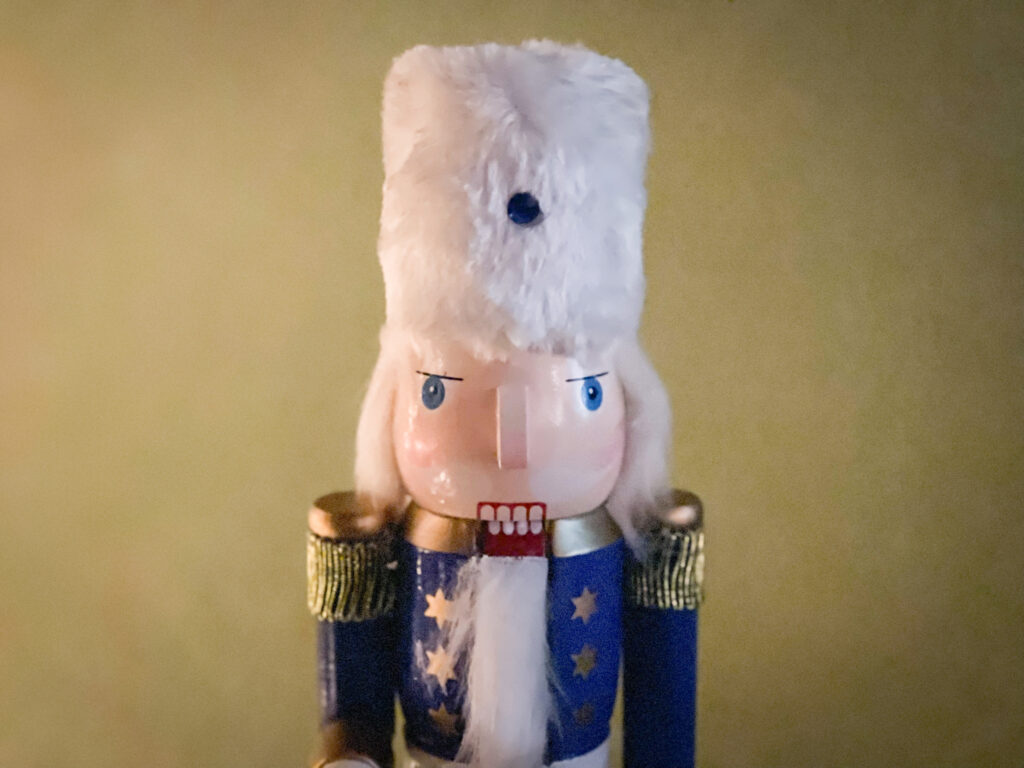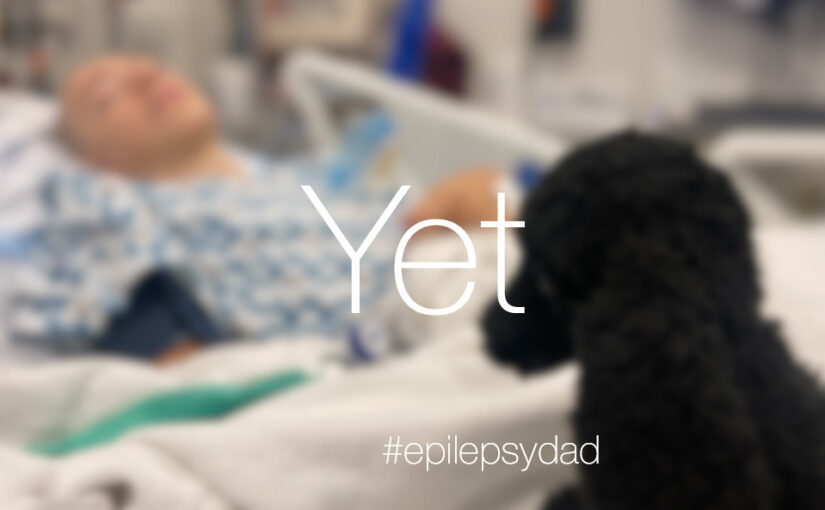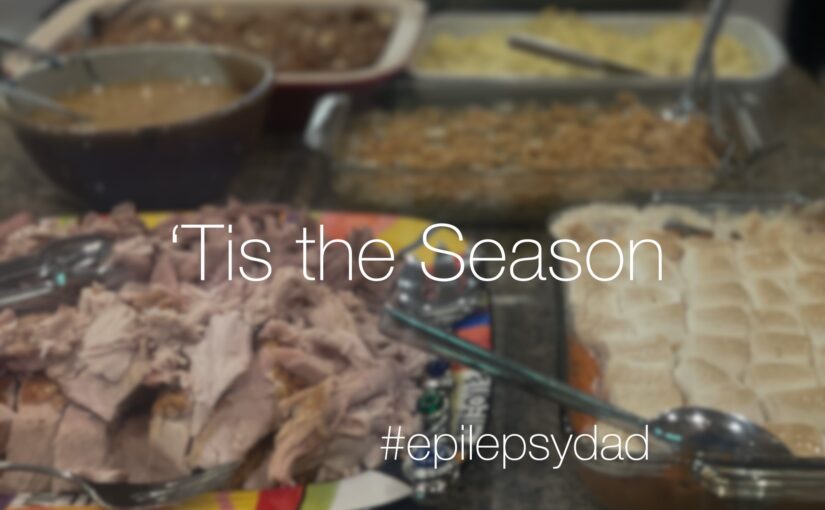I’m sitting on the couch in our living room. A fresh fire is popping in the fireplace, and its warmth and smell are just starting to fill the room.

My goddaughter is sitting next to me. She’s not my goddaughter, but that’s the most straightforward label to use. When trying to decide on a label, I came up with introducing her as my stepmother to avoid further questions. She came up with, “Oh, you can see her, too?” if someone asks me directly who she is. We have yet to use either of them in public.
Whatever label we use, she lives with us and is part of our family. It’s been long enough that it’s weird to think there was a time before she was here, but since this is only her first holiday season with us, we want to include her Jewish background in our celebrations.
This living room is where we come together as a family, and it’s appropriate that it’s where our holidays will come together, too.
A Christmas tree, the one we’re decorating for Hannakha, lights the room, and sparkles reflect from the silver snowflakes on the blue skirt around the tree’s base. The two chairs that usually sit opposite each other are side by side with a dog in each, along with a Menora pillow in one chair and a reindeer pillow in the other.

Two blue nutcrackers are on the hutch, one holding a Star of David and one a “Happy Hanukkah” sign, bookending the television. A small silver Menora we received from her grandparents is nearby, missing the candles that will soon be lit.

Four stockings, each with an initial, hang from the banister. One is for me, one for my wife, one for our son, and the last for our goddaughter. The dogs’ stockings are missing, but maybe we’re hiding them to prevent the dogs from eating them and requiring another surgery.
It all just feels right. Just like having her here and part of our family feels right. Just like spending time with her family, either in Colorado or when they visit Pennsylvania, feels right.
As I sit here, taking in the scene, feeling the heat from the fire, the dogs and my goddaughter have all fallen asleep. I can’t help but feel a deep sense of gratitude for our blended families and traditions and our home filled with love.
Our family may not fit neatly into labels or conventional definitions, but it’s ours—full of warmth, humor, and connections that transcend titles or origins. This season, as we celebrate a holiday that is uniquely ours, I’m reminded that the beauty of family lies in its ability to grow and adapt, weaving new threads into an ever-evolving tapestry. And here, in this room, surrounded by symbols of our shared lives, it feels like home.
It feels just right.



